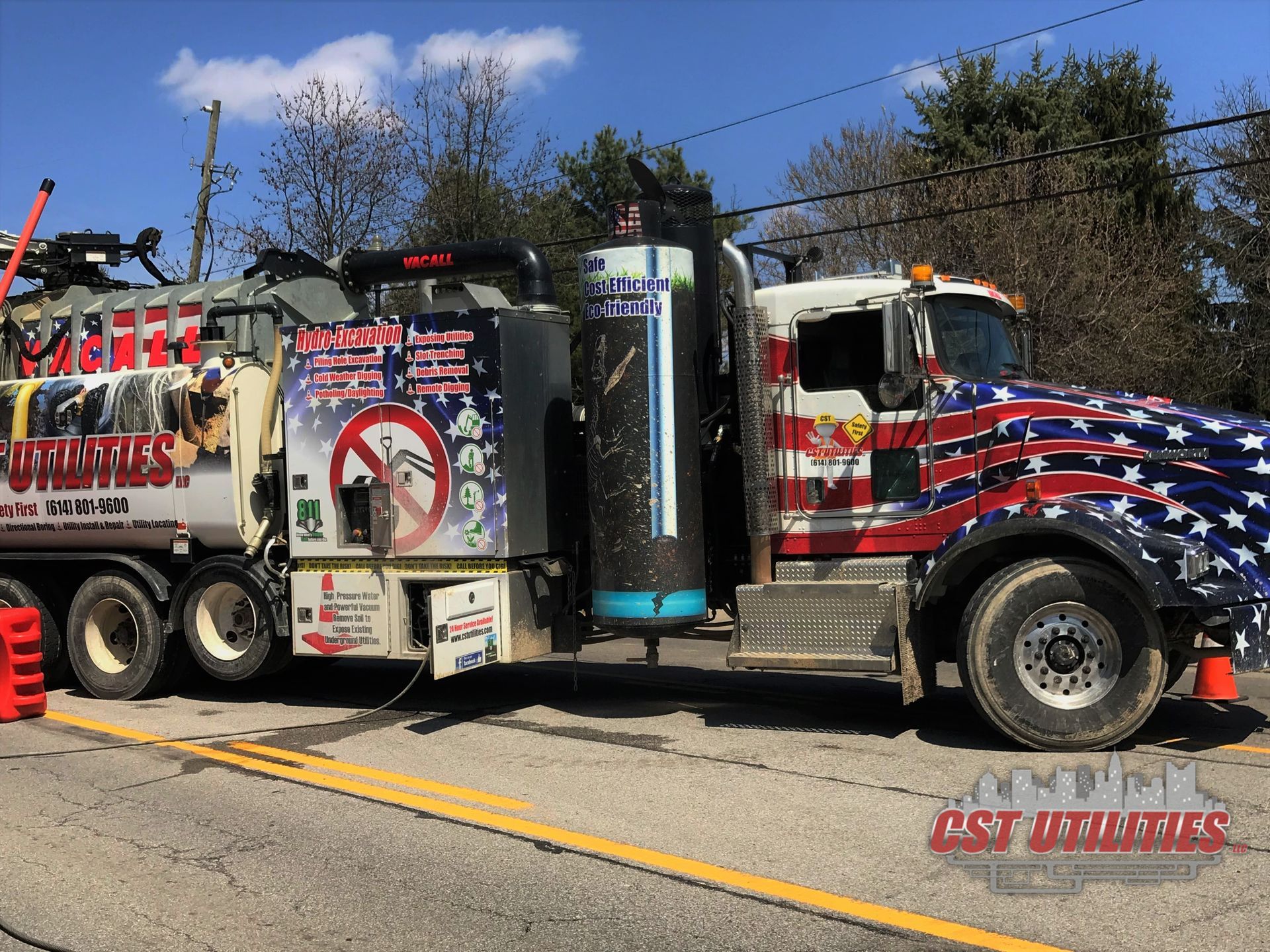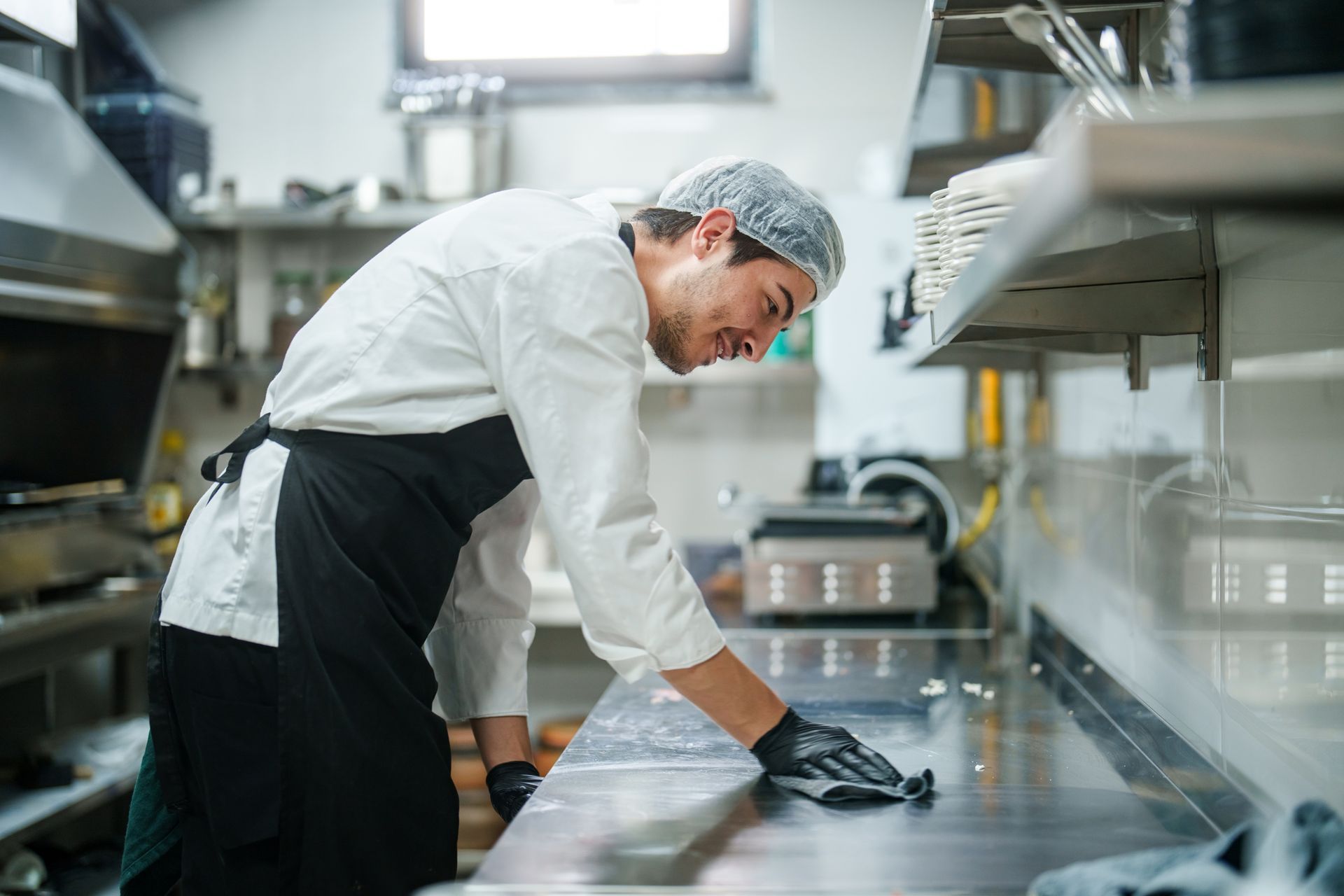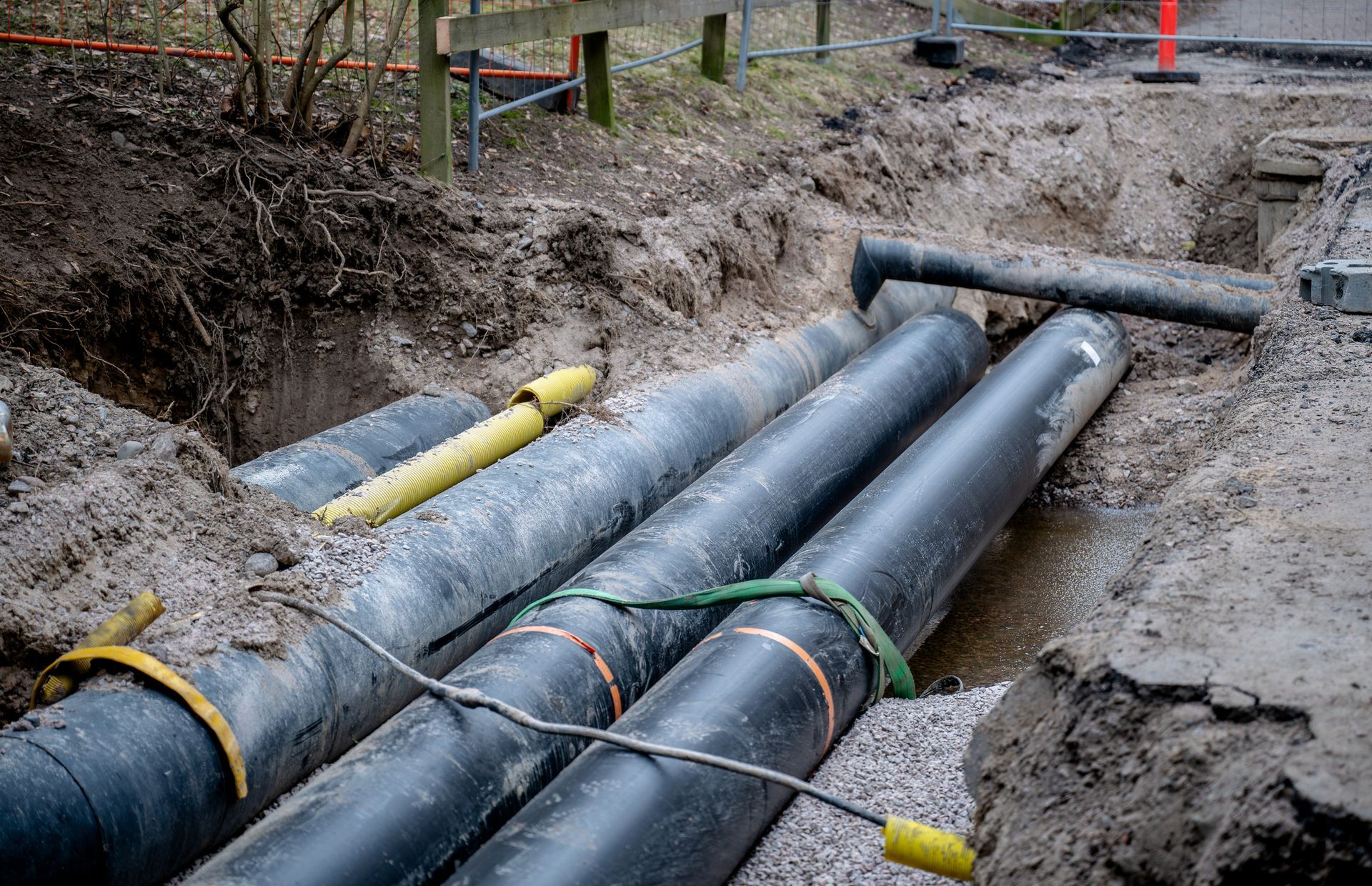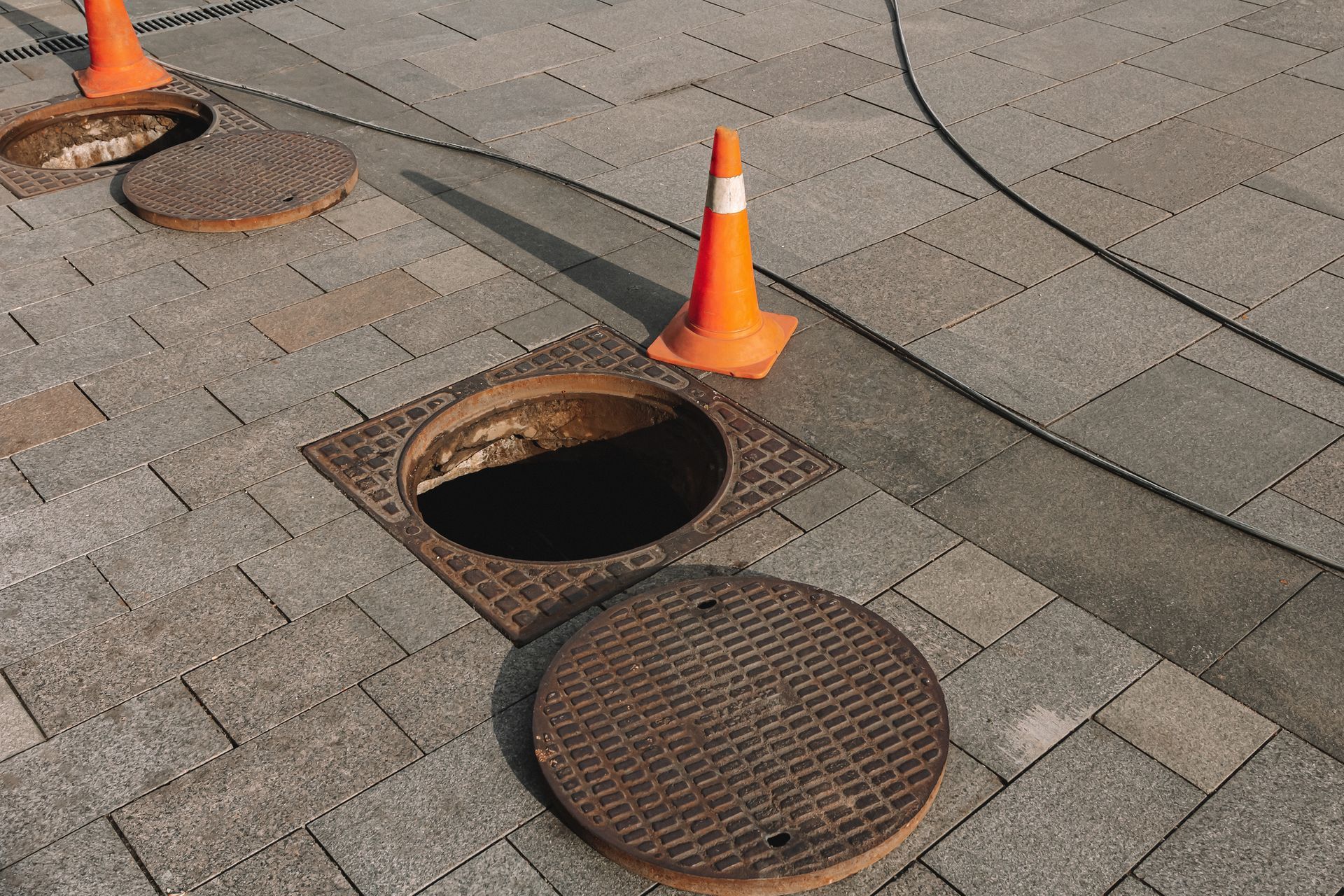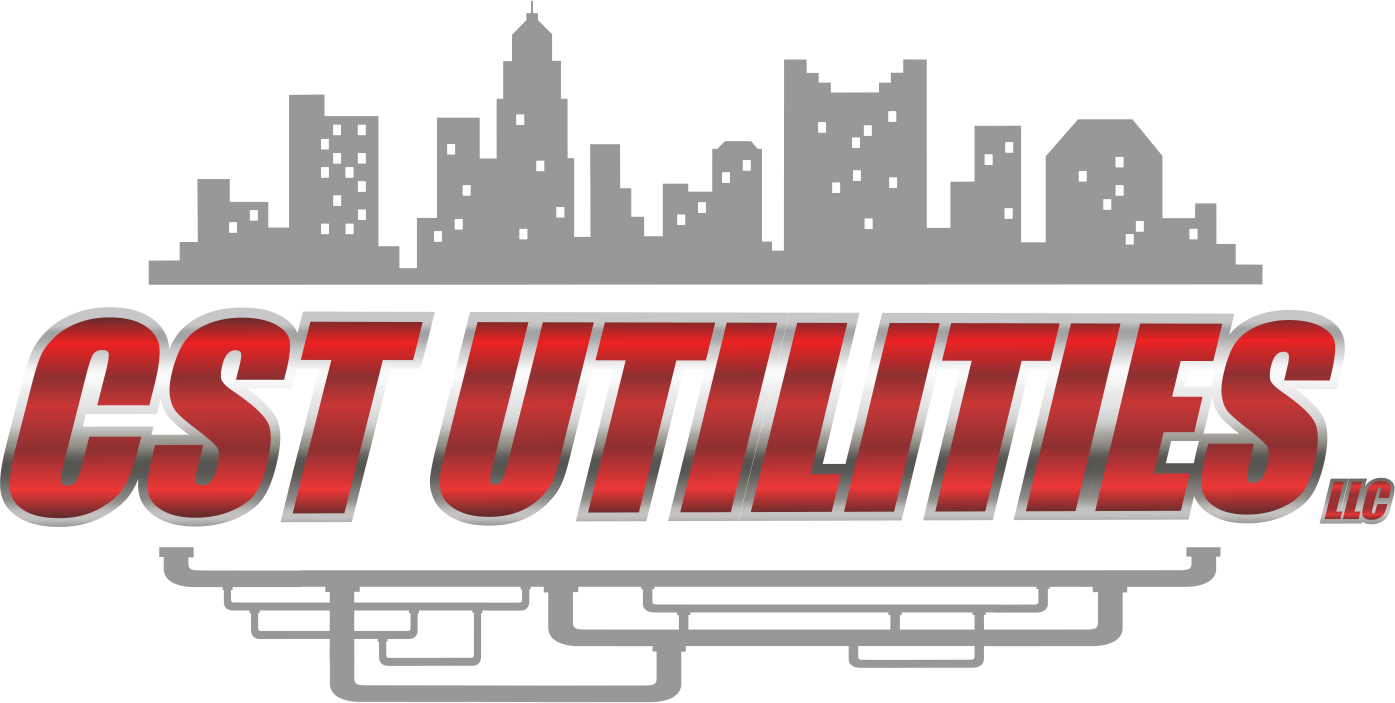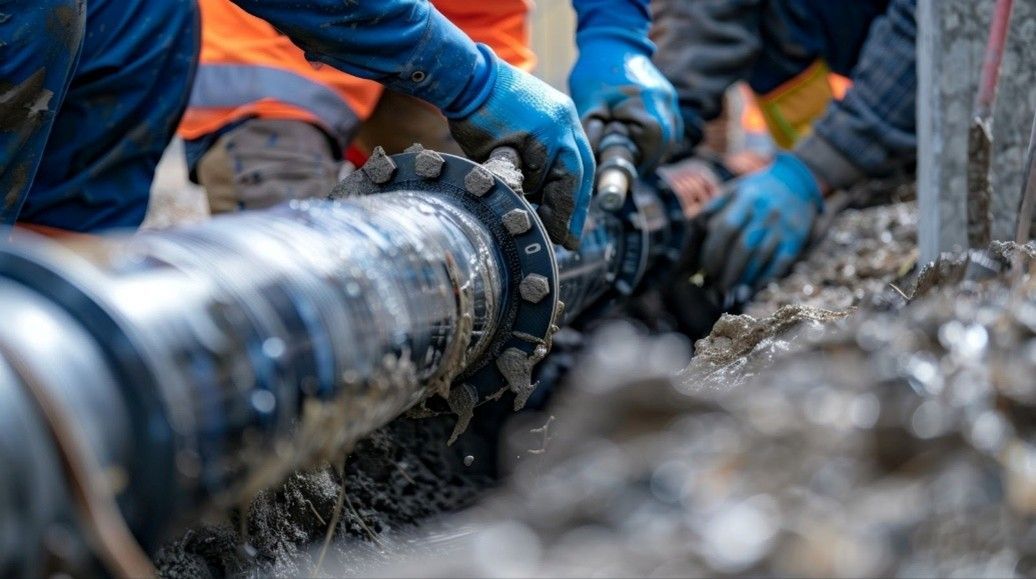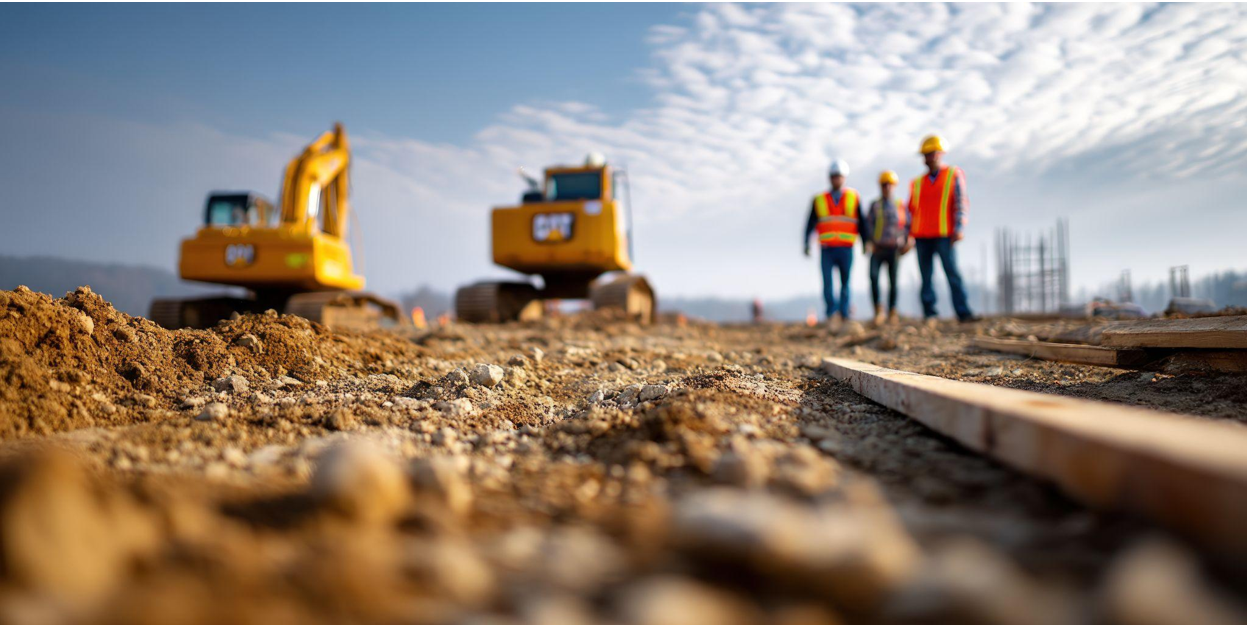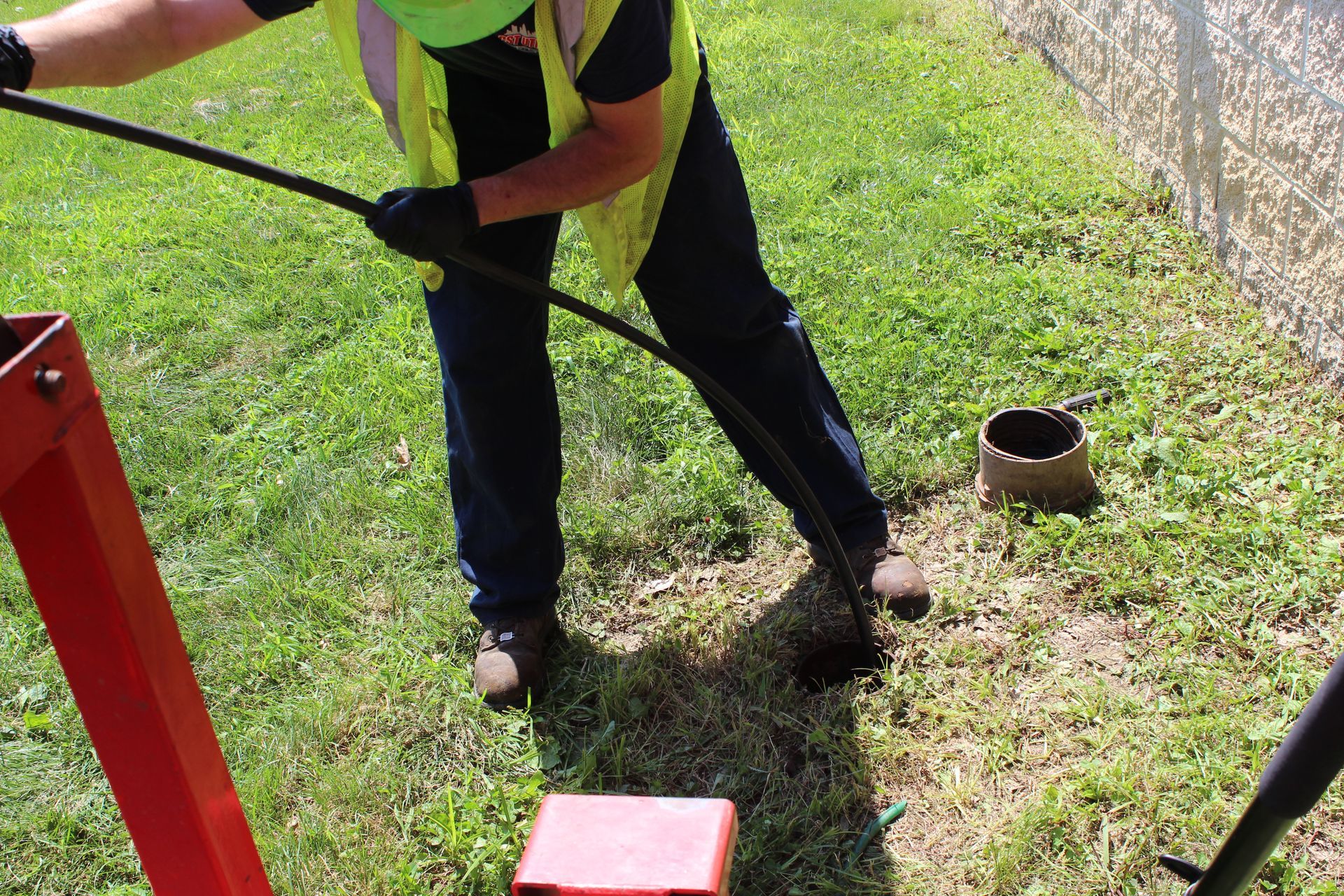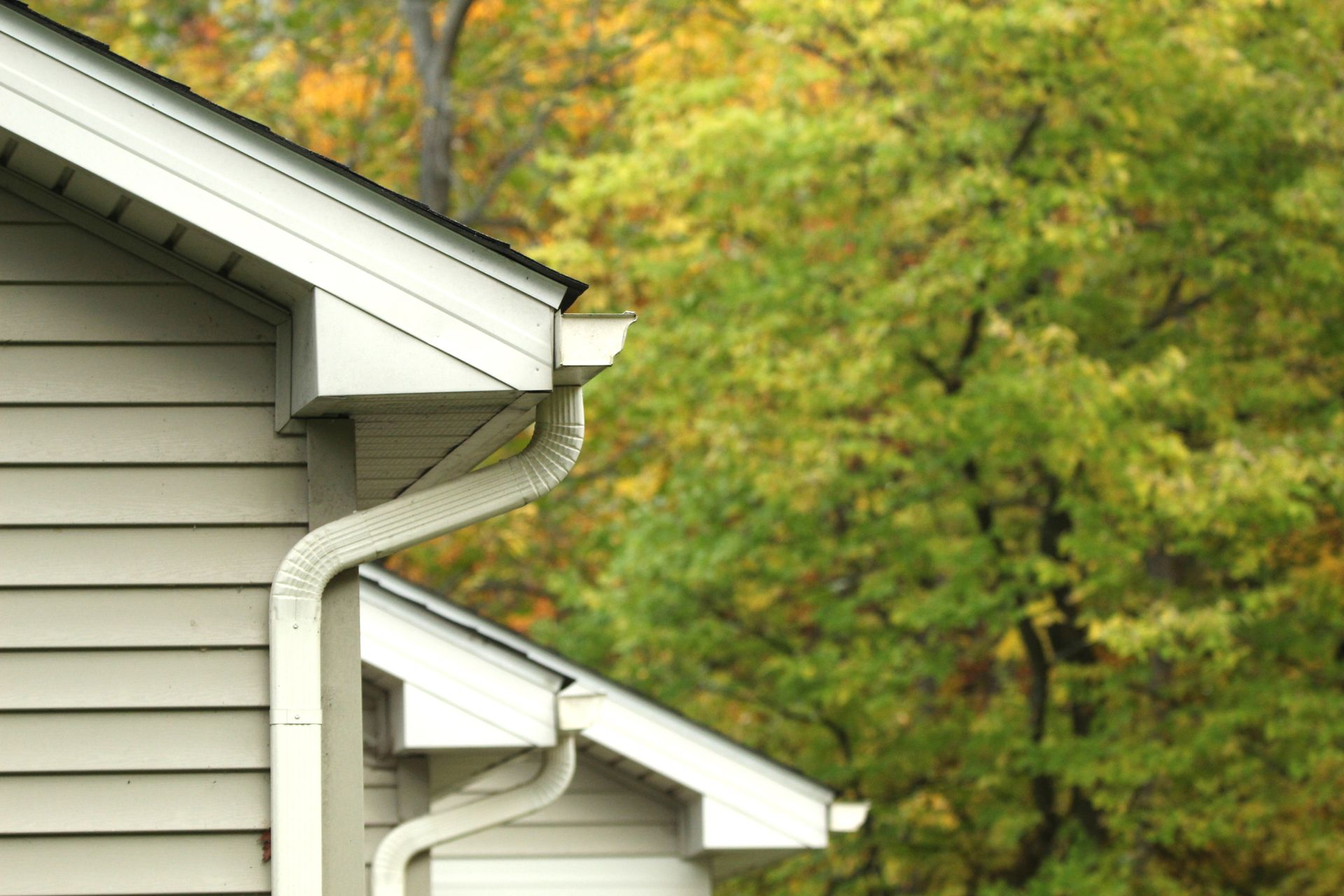Don’t Let FOG Clog Your Home: What Every Homeowner Should Know About Fats, Oils & Grease
When most people think about plumbing problems, they imagine leaky faucets or clogged toilets. But one of the biggest culprits behind household plumbing issues is something you might not even notice going down the drain: FOG—Fats, Oils, and Grease.
You don’t have to own a restaurant to deal with FOG-related problems. In fact, many blockages in residential plumbing and city sewer systems start in the kitchen—right at home.
What Is FOG?
FOG stands for Fats, Oils, and Grease, which are byproducts from cooking and food prep. That includes:
- Fats from meat and dairy
- Oils like vegetable, canola, olive, and frying oil
- Grease from butter, bacon, sauces, and gravies
These substances may seem harmless when warm and liquid, but as soon as they hit cooler pipes or the sewer system, they harden and stick. Over time, they build up inside your plumbing and lead to serious clogs and costly repairs—not just for your home, but for your whole neighborhood
What Happens When You Pour FOG Down the Drain?
- Clogged kitchen drains
- Sewage backups into your home or yard
- Unpleasant odors
- Expensive plumbing repairs
- Environmental harm due to sewer overflows
And yes, even if you run hot water or use soap, FOG still sticks. Those tricks don’t break it down permanently.
Simple Ways to Prevent FOG Buildup at Home
The good news? Preventing FOG problems is easy if you build a few good kitchen habits.
- Never Pour Fats, Oils, or Grease Down the Sink or Toilet
No matter how small the amount, it adds up. Always dispose of FOG in the trash. - Let It Cool and Collect It
After cooking, let grease cool and pour it into a heat-safe container (like a coffee can or glass jar). Once full, toss the whole container in the trash. - Scrape, Wipe, Then Wash
Before washing dishes, scrape leftover food into the trash or compost bin. Then wipe greasy pans with a paper towel before rinsing or loading the dishwasher. - Use a Sink Strainer
Catch food scraps before they go down the drain. They contribute to FOG-related clogs too. - Educate the Whole Household
Make sure everyone in your home understands why FOG shouldn’t go down the drain—from kids to guests helping with cleanup.
Why It Matters
FOG buildup can lead to major plumbing problems in your home—and it’s expensive. But it also impacts your entire community by contributing to sewer overflows and environmental contamination.
By taking small, simple steps to manage fats, oils, and grease at home, you're protecting your plumbing, saving money, and doing your part to keep your neighborhood safe and clean.
Your kitchen habits matter more than you think. Keep FOG out of your pipes—and keep things flowing smoothly to avoid any costly repairs. Worried your pipes might be experiencing FOG backups? Give us a call and we’ll get you all squared away!
